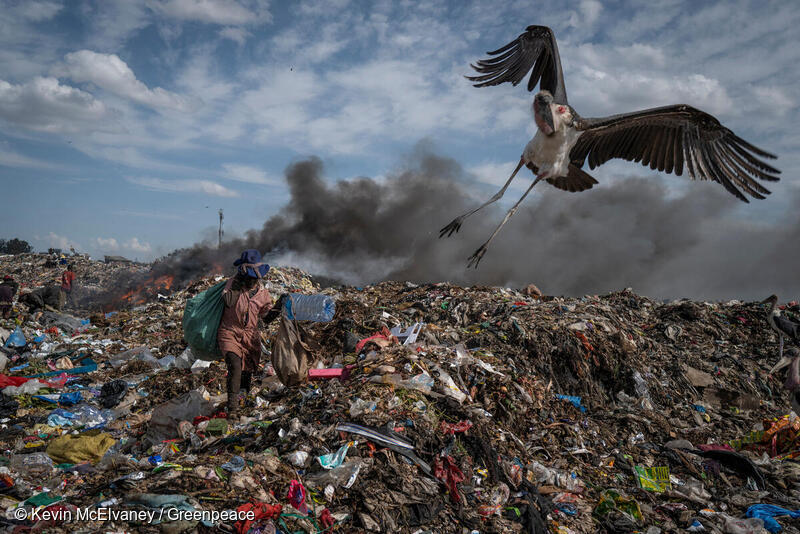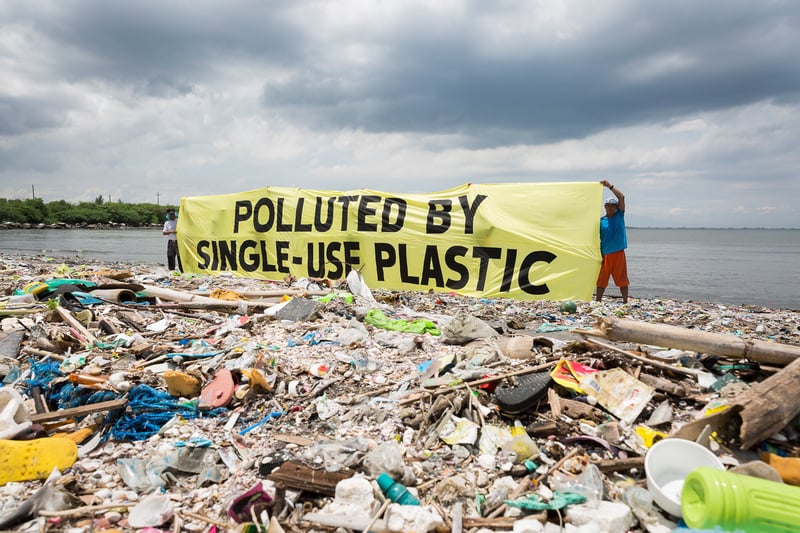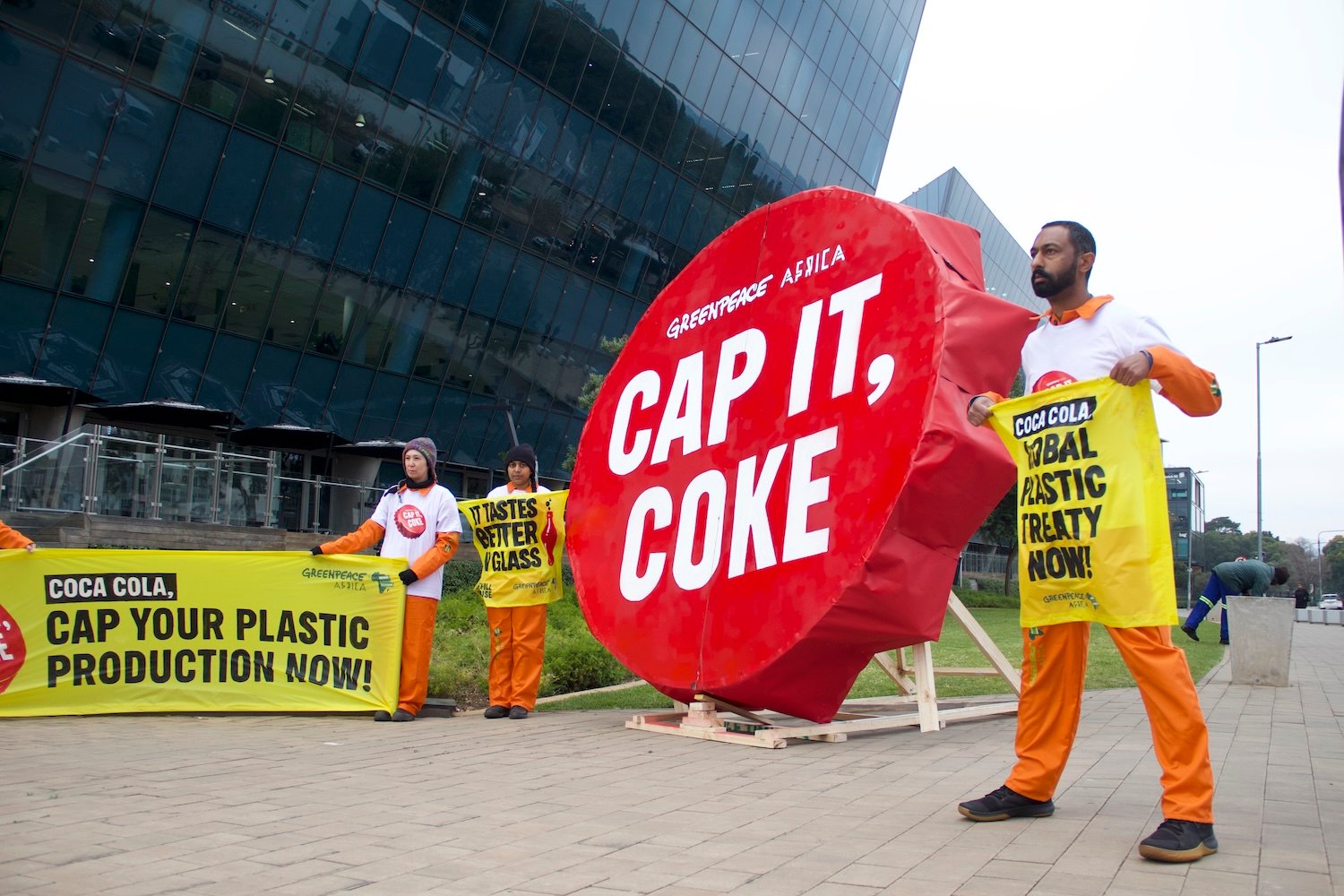In early March, global leaders and delegates from over 175 nations made history in Nairobi during UNEA 5.2 when they passed a mandate to start negotiations for a legally binding global plastics treaty that addresses the full life cycle of plastic pollution from production, transport to use and disposal. Negotiations are set to open later this year.
This development is a great step in ensuring that Africa and the world at large is dealing with the plastic crisis. Africa has come a long way in creating a single-use plastic-free future with many victorious milestones to celebrate across the continent. With 35 countries across the continent having either passed a law banning plastics and implemented it or passed a law with the intention of implementation; this resolution provides a solid platform to realise a plastic-free continent.
In Kenya for instance, the National Environmental Management Authority’s (NEMA) director General alluded that the resolution offers a good platform for Kenya to push for a regional pact to address the plastic crisis. A global plastic treaty will play a critical role in rallying East African Community member states to find a lasting solution to the plastic pollution menace. It will also prevent dumping of plastic waste from the Global North into Global South countries such as Kenya and prevent disproportionate impacts on minority groups and marginalised communities and countries as outlined in a recent UN report.
Plastic bans in countries like Kenya and Rwanda have had tremendous impacts on safeguarding the environment. We need to see more African countries passing similar legislation and supporting the resolution for a legally binding global plastic treaty. In mid February, we were delighted to learn that South Africa had finally committed to supporting the treaty on plastic pollution after many years of lobbying by environmentalists in an effort to close off the plastic tap.
With Africa’s population growing and the middle class expanding at an precedented rate, coupled with the continent facing the climate crisis plastic pollution will soon become one of the biggest risks facing communities across Africa. Sub-Saharan Africa alone produces over 17 million tonnes of waste annually, with only a small percentage of plastic waste being recycled. The rest ends up being burnt, into landfills and littering streets and waterways.
A strong global plastic treaty will therefore ensure a holistic approach to ending the plastic pollution
- creating strong legally binding commitments to ensure compliance from governments and industry
- keeping oil and gas in the ground, and protecting our climate;
- ensuring that big brands switch to refill and reuse systems and reduce single-use plastic pollution;
- holding countries accountable for managing their own waste and ending waste colonialism; and
- governments working to ensure a just transition for workers and the health of the most affected communities.
A recent study found microplastics in human blood for the first time, affecting 75 per cent of those tested. While the overall effects are not yet known, tiny plastics are known to damage human cells; there are concerns they could affect immune function. With findings like these, it is more evident that we need a legally binding treaty now, more than ever before.
So what next you may ask?
The honours is now with the International Negotiation Committee (INC) to see through the process and deliver to the world a legally binding treaty to end the plastic pollution crisis. Governments, corporations, big brands and other stakeholders need to join hands and continue to lobby the INC to deliver a legally binding Global Plastics Treaty that will address the full lifecycle of plastics.
Until a strong global treaty is signed, sealed, and delivered, Greenpeace Africa and its allies will continue to lobby policy makers, corporations, African governments – and governments around the world to support a legally binding global treaty for a world free of plastic pollution.
By Hellen Dena




Discussion
Plastics are not dangerous to environment only but also to the animals and wildlife. Plastics must be banned in totality.
Thank you for your comment. Indeed, hence we need a permanent ban on single-use plastic products.